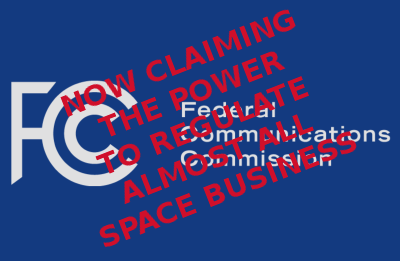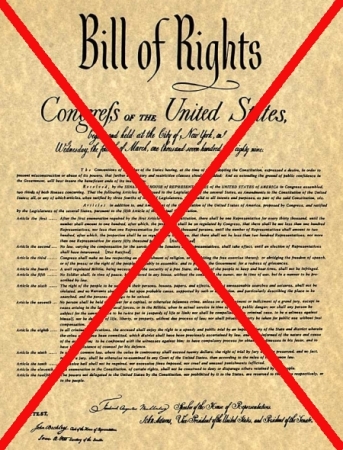Senate committee approves Biden’s FCC nominees
Despite apparent opposition to the Biden nominees by Republicans, the Senate committee involved has approved the three FCC nominees and moved that the process proceed to a vote in the full Senate.
The article also includes these paragraphs, describing absurdities that could only occur in Congress:
[Ted] Cruz [R-Texas] moved that all the nominations, including Damelin and a nominee for the National Transportation Safety Board plus a list of Coast Guard promotions, be favorably reported. There were no objections and the motion was agreed to.
Immediately thereafter, however, Cruz and other Republicans asked to be recorded as no on Gomez and/or Starks and two Democrats as no on Carr. It’s not possible to discern from the webcast who was speaking in all instances, but the bottom line is that all the nominations were approved and now can go to the floor for a vote by the full Senate. The requests to be recorded as no are a signal that the rest of the confirmation process will not be easy.
Cruz moves the nominees should be “favorably” reported, but then announces he and others are against some.
All in all, this appears to be another example of Republican failure theater. Make it sound like you are trying to block Biden’s policies, but then do whatever is necessary to let them to go into effect. Considering that the Democratic Party appointees at the FCC have been pushing for regulatory power beyond the commission’s statutory authority, it seems absurd for any Republican senator (or Democrat senator for that matter) to okay any Biden nominees who would continue that power grab. And yet, the Republicans appear willing to go along.
Despite apparent opposition to the Biden nominees by Republicans, the Senate committee involved has approved the three FCC nominees and moved that the process proceed to a vote in the full Senate.
The article also includes these paragraphs, describing absurdities that could only occur in Congress:
[Ted] Cruz [R-Texas] moved that all the nominations, including Damelin and a nominee for the National Transportation Safety Board plus a list of Coast Guard promotions, be favorably reported. There were no objections and the motion was agreed to.
Immediately thereafter, however, Cruz and other Republicans asked to be recorded as no on Gomez and/or Starks and two Democrats as no on Carr. It’s not possible to discern from the webcast who was speaking in all instances, but the bottom line is that all the nominations were approved and now can go to the floor for a vote by the full Senate. The requests to be recorded as no are a signal that the rest of the confirmation process will not be easy.
Cruz moves the nominees should be “favorably” reported, but then announces he and others are against some.
All in all, this appears to be another example of Republican failure theater. Make it sound like you are trying to block Biden’s policies, but then do whatever is necessary to let them to go into effect. Considering that the Democratic Party appointees at the FCC have been pushing for regulatory power beyond the commission’s statutory authority, it seems absurd for any Republican senator (or Democrat senator for that matter) to okay any Biden nominees who would continue that power grab. And yet, the Republicans appear willing to go along.



